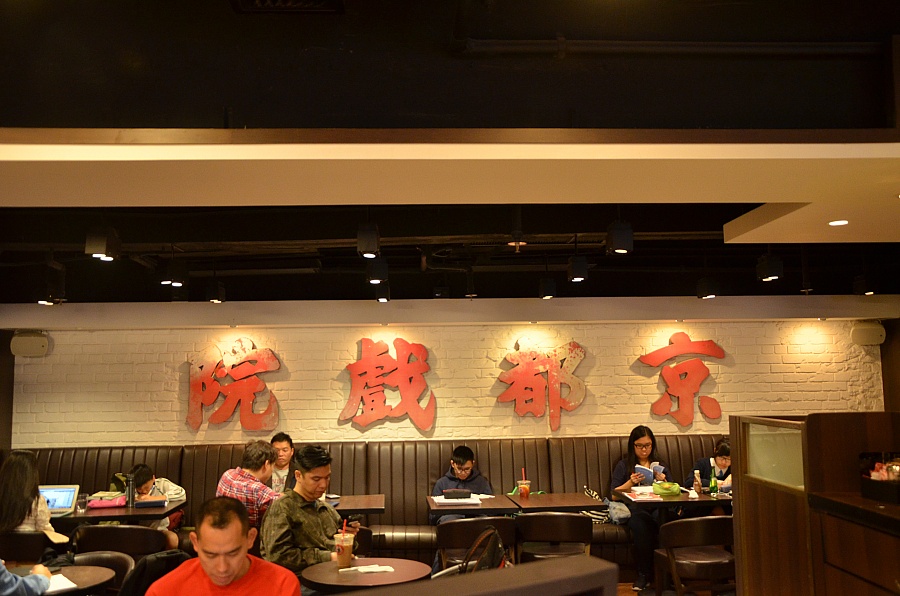Billy goes to work in Wan Chai. His church – The Vine – is also situated in the area. He usually meets friends in the district, and visits the barber in Spring Garden Lane. The barber shop is an old Hong Kong brand, but the barber is a young Hongkonger. Billy’s first impression of Wan Chai comes from his mother and grandmother, he still recalls the scent of wood from furniture shops near their house in the district.
Billy’s church, the Vine, moved to 29 Burrows Street in 2012, which used to be the venue for the Imperial Cinema in the 1960s. In the golden age of Hong Kong cinemas, the Cathay Theatre was just a street away from Imperial. By the 1990s, big theatres have lost their appeal, both Cathay and Imperial split into many small-scale cinemas, but that didn’t prevent them from being replaced over time. Imperial Cinema went out of business in 2004, a plan to rent it out as a sauna was unsuccessful because of local opposition. In 2012, the place was converted into the Vine, and Cathay Theatre became “Cathay 88”, a modest shopping arcade.
With its iconic grapevine wall, the Vine is a complete makeover of the former cinema. In order to connect the church to the neighborhood, the old cinema podium is rented as a coffee shop. The café still retains the old cinema billboard as a token of history. The church entrance leads first to the café, then the old screening room/present-day hall. The grand hall, which makes full use of the old cinema’s generous space, is now used for ceremonies and concerts.
Refurbishing a place helps retain its unique characteristic, telling its old story with a new face. From cinema to church, from entertainment to community engagement, the place evolves with the times. As Billy explained, after the Vine came to Wan Chai, it helped with the district’s multi-cultural exchange. “Our church provides support service for around 400 ethnic minorities and asylum seekers. This is why people of different ethnicity visit our church regularly. We advocate respectful treatment of asylum seekers, and encourage cultural exchange to fight existing social stigma.”
Billy is also the curator for “Very Hong Kong”, an organization that advocates creative use of public space. Billy sees public space in Hong Kong as a premium space for people to freely relax. To each his own space, Billy enjoys approaching the city by walking. In the past, he appreciated the scent of Queen’s Road because of his mother; nowadays, he explores the streets and its public space. “Sometimes I pass by Southorn Playground during lunchtime. From what I see, people of different social class enjoy their lunch here,” observed Billy. No matter your income, public space is especially important in the tightly-woven Hong Kong.
Having studied urban planning in university, Billy pays special attention to spatial design and supporting facilities like the width of roads, installation of railings, slopes and steps. Thus, apart from finding the right place for public activity, it is also important to design based on people’s everyday needs.



